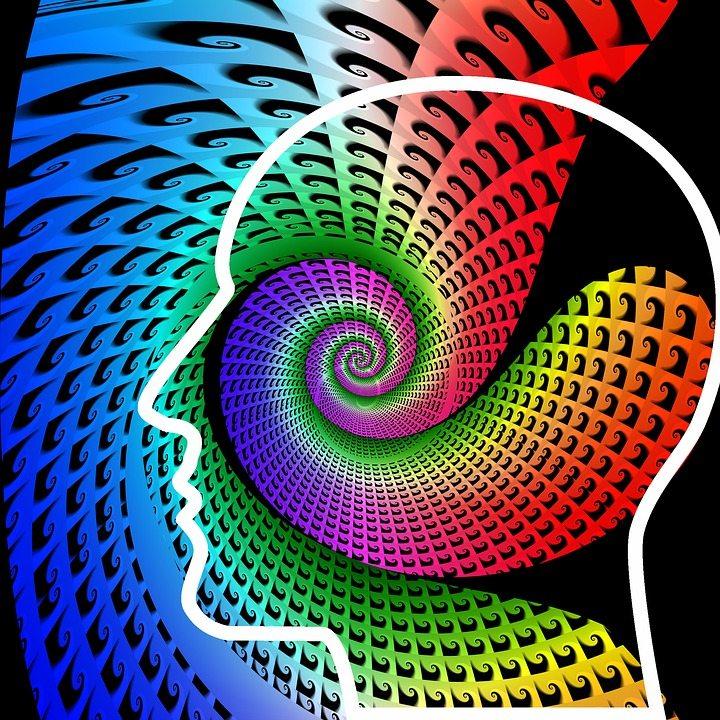Modern American society has been shaped by an innumerable amount of advances in technology, healthcare, education and access to resources never imagined by even the most thoughtful scientists and inventors who roamed the earth even fifty years ago. We’ve witnessed, even in our own lifetimes, the impact of dedicated, earnest architects of development who continually strive to remedy malign hurdles and common mundanities.
The field that has experienced arguably the greatest amount of innovation is medicine. Through a better understanding of life at the microscopic level, exploration of surgical interventions and technological breakthroughs, many conditions once deemed a death sentence can be successfully treated with unprecedented ease. However, regardless of potential benefit and the evidence that supports these advancements, without sincere reception from a society tasked with providing examples of efficacy, these benefits are sadly destined to be confined to obscure textbooks on a dusty shelf. It’s this attitude of mistaken reluctance that continues to hamper the vital recognition of another discipline critical to our well being: psychology.
More Americans are treated for psychological disorders every year, according to a poll conducted by the American Psychological Association in 2004, but a significant portion of the population still ascribes to the classic stigma that those who ask for help are weak and distrust the treatment process. Critics seeking to discount the discipline apply the label “pseudoscience,” regarding the practice as nothing more than an expensive guess and check system.
Curiously, the same group of skeptics that label mental health a frivolous, impractical means to solve non-existent problems is the ones who blame the majority of violent crimes on psychological distress. According to a 2011 article by Harvard Medical School, though 60 percent of the population erroneously concludes that people with schizophrenia are likely to act violently towards someone else, research in the area suggests that no genuine correlation exists.
It seems that our attitude towards mental health care might just be a product of our current developmental stage. The discovery of any empirically based treatment method, while exhaustively scrutinized by professional purveyors, is often followed by a measurable amount of initial naysayers. Maybe human nature is to blame for this ultimately self-harming sabotage that brings with it a curious level of hypocrisy. In an article from the Atlantic titled “Americans Believe in Science, Just Not Its Findings,” it noted a Pew Research study that found that 79 percent of surveyed adults agreed that research in science makes “life easier” and 71 percent believed that an investment in science would eventually pay off. The same study found that only an embarrassingly low percentage of people agrees with any scientific evidence they deem personally “controversial.”
This trend of disbelief will undoubtedly affect the realm of mental health treatment for years to come. Meanwhile, millions of successfully treated patients and exciting new discoveries in the field will continue to provide invaluable, life-saving benefits while the rest of us catch up.


